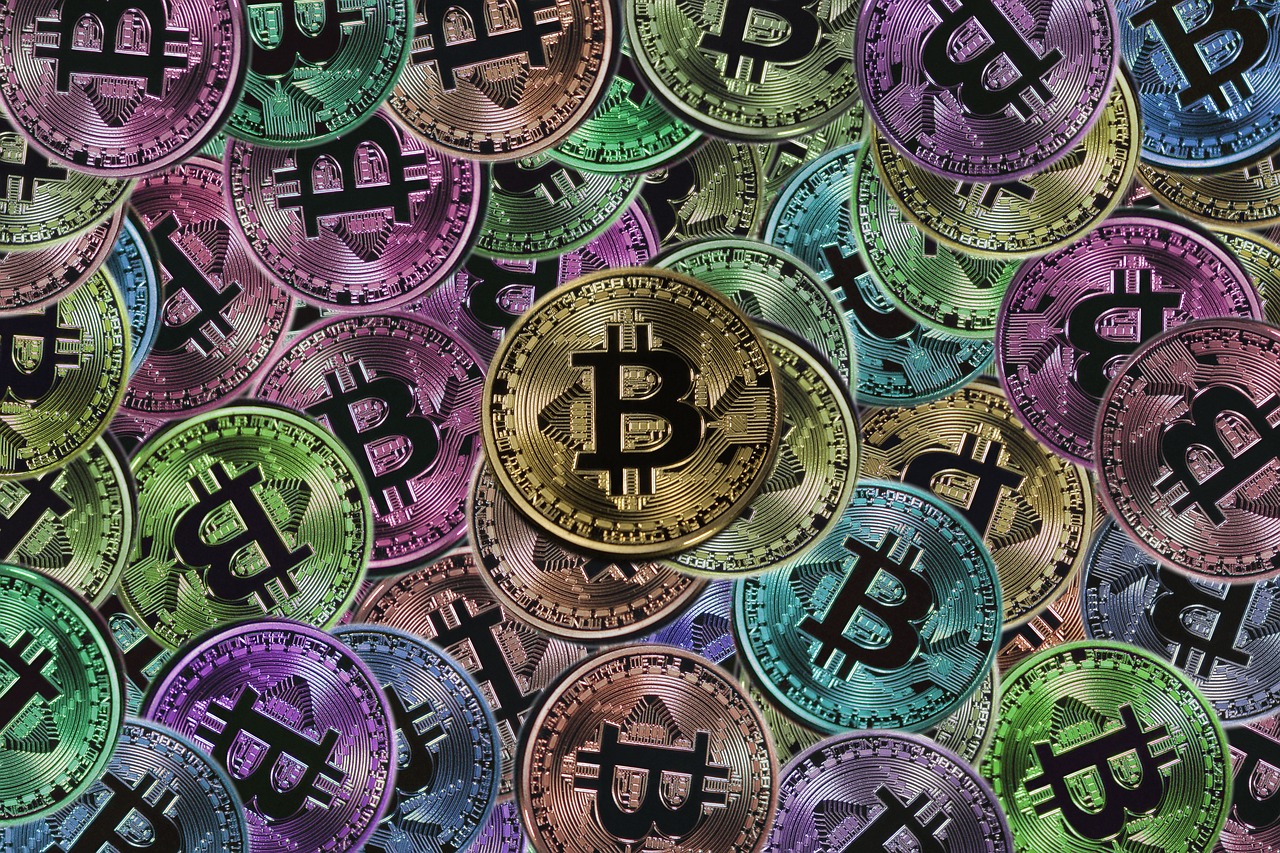The crypto market has been shaken by big changes. Binance, the biggest cryptocurrency exchange in the world, stopped working in Nigeria and got banned in the Philippines. This has affected many people and businesses. It’s also started conversations about how cryptocurrencies should be regulated and what part exchanges should play in developing countries.
Understanding Why Binance Left Nigeria
Binance’s announcement to pull out of Nigeria caught a lot of folks off guard. Nevertheless, there were already hints that they were having trouble with regulations. This move highlights the issues that crypto companies face not just in Nigeria, but maybe in other nations where digital currencies like Bitcoin are becoming popular.
Ray Youssef, an experienced player in the cryptocurrency field, predicted such events would happen based on his own struggles with rules and regulations in the United States.
He thinks the signs point to a bigger problem of financial rejection and unfair rules against African countries and other parts of the Global South.
- Regulatory Hurdles, Countries in Africa and other rising markets deal with tough regulations that often ignore the local economy. Youssef calls this financial apartheid.”
- Ripple Effect on Business Owners, Binance’s departure from Nigeria highlights a grim outlook for local business people who depend on digital currencies to do deals outside their country.
- Fighting for Reform, Youssef pushes for sweeping change to create an open financial system that encourages free trade and business growth in the Global South.
Beyond Nigeria, The Stance of the Philippines on Regulation
In similar way, when the Philippines blocked Binance, it showed regulators across the world are getting tougher on crypto trading platforms.
Operating without licenses. The Philippines has taken this step as part of a larger plan to keep local investors safe from the dangers that come with unregulated cryptocurrency trading platforms.
- Investor Protection, The main reason for the ban in the Philippines is to prevent Filipino investors from being tricked and losing money through unauthorized crypto services.
- Global Scrutiny, Binance is facing problems with regulations not just in the Philippines or Nigeria, but around the world. This shows that countries everywhere are rethinking how should control cryptocurrency exchanges.
Impacts on Users and Crypto at Large
The first response to these regulatory decisions has caused trouble for users in both Nigeria and the Philippines. In the Philippines, people trying quickly to take out their money after hearing about the ban shows how unstable crypto markets can get when there’s doubt about regulations.
Financial effects and the drop in USDT value show how real the effect of these rules is on those who put money into them.
- Money Trouble, A lot of folks are feeling the pinch financially. They’ve seen their digital currency’s worth go down because people reacted to the news and it cost more to make transactions.
- What It Means for the Future, This situation really makes you wonder if cryptocurrency can keep going strong, especially in places where nobody’s sure what will happen with regulations.
Moving Ahead
When Binance left two big markets down south, it was a big moment for cryptocurrency. It shows we need rules that support new ideas but also look out for investors. As things change in this space, getting this balance right is gonna be key if we want crypto around for the long haul.
Investors in emerging markets must note the need to work closely with regulators. They should push for rules that understand the special pros and cons of cryptocurrencies. The success of person-to-person Bitcoin trading and the whole crypto world hinges on how well we can handle these tough regulatory settings and help grow fair financial systems.
Conclusion
The troubles that Binance has run into in Nigeria and the Philippines mirror bigger problems faced by the worldwide cryptocurrency market. These events remind us that financial regulations are changing, and crypto businesses have to keep up, Learning from what’s happened will surely influence how we trade cryptocurrencies and oversee them around the globe.

Celine Brooks is a renowned journalist and author specializing in cryptocurrency and blockchain technology. She holds a Master’s degree in Economics from Harvard University and is very passionate about Crypto. Celine regularly hosts webinars and workshops, sharing her insights and forecasts about the evolving digital currency landscape. She is also an active contributor to several leading financial and tech publications, where she breaks down complex crypto trends into understandable insights for everyday investors.

